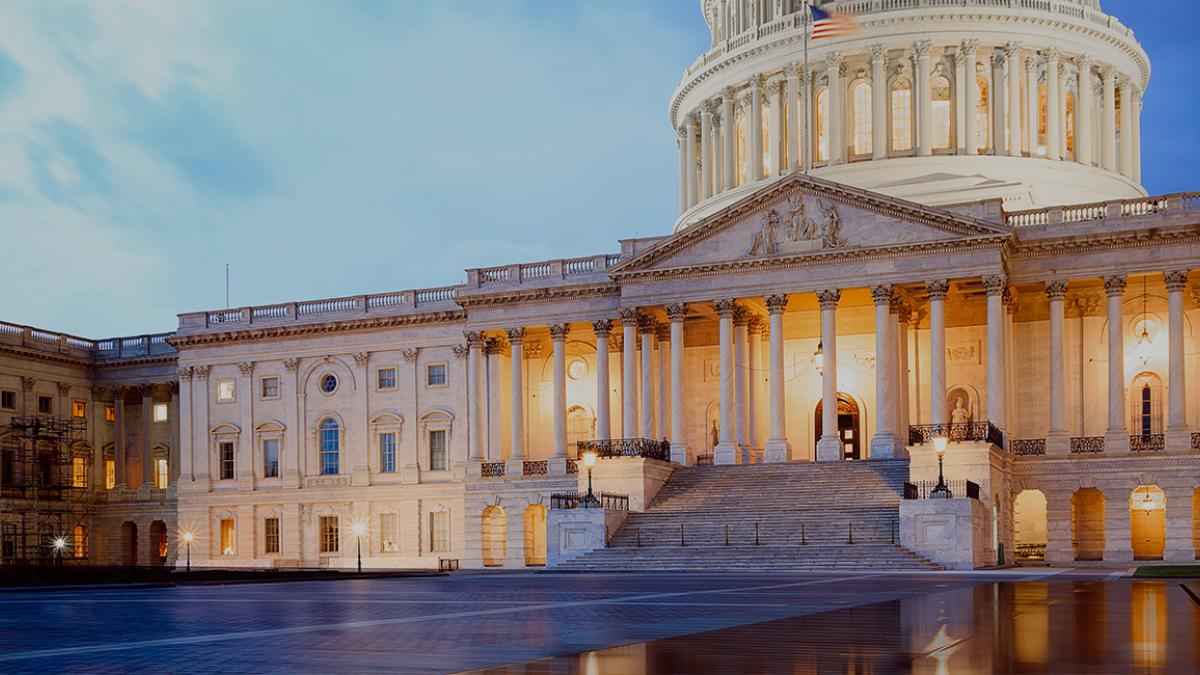Op-ed: Restoring Americans' freedom to work

By Congresswoman Diana Harshbarger and Justin Owen, June 6, 2021
Everywhere you turn these days, you see “Help Wanted” signs. Small businesses across America are desperately looking for workers. But oftentimes, barriers and bad policy stand in the way of connecting businesses with potential employees. Government’s response to COVID, including the extension of supplemental unemployment benefits, has certainly played a role in this. Another such barrier that isn’t getting as much attention is unnecessary occupational licensing. In the 1950s, just one in 20 workers needed a license to do their job. Today, one out of every four Americans must get government permission before they can work.
Licensing came about in an effort to protect consumers from harm, but the explosion over the past few decades shows that it has become more about protecting certain powerful industries and individuals from competition. Because licensing is mostly a state-level issue, much of the focus has been on what state legislatures can do to ease these burdens in state capitols across the country.
Tennessee has led by example, eliminating five entire licenses in the past five years. Prior to that, someone even had to go to school for 300 hours—at a cost of more than $3,000—and take a test just to obtain a license to wash hair. You read that right, 300 hours of schooling to do something most of us do on a regular basis. Other states require a license to be a florist or to upholster furniture. Clearly, none of these jobs are so dangerous that the government should require its permission to do them.
In 2016, Tennessee became the first state to pass the Right to Earn a Living Act, which requires the state legislature and state agencies to regularly review licensing regulations and ensure that they do not interfere with the ability to get a good job. But Tennessee still requires a license to do more than 100 different jobs, and many states are even worse when it comes to licensing red tape. And like it does on many important issues, the federal government can make the problem worse.
Just this year alone, the federal government awarded $2.8 billion in grants to states through the Workforce Innovation and Opportunity Act. The whole purpose of these funds is to help Americans overcome barriers to employment and make it easier for employers to hire and retain workers. But at the same time, the federal government is cutting off its nose to spite its face, with many federal agencies pushing bad occupational licensing mandates on the states in order to receive these grant funds.
Enter the Freedom to Work Act, which would direct federal agencies to regularly review laws and regulations that cause states to adopt unnecessary occupational licensing requirements. They would then have to submit their findings in a report to the president and Congress with recommended changes that would encourage less restrictive alternatives to licensing. Finally, it would require states to detail in their WIOA state plans the steps they plan to take to reduce licensing barriers for specific occupations, while pointing out any broader occupational licensing reforms occurring in that state.
The Freedom to Work Act will ensure that the federal government is not complicit in or exacerbating an already massive problem for those seeking good jobs in our communities. Congress and federal agencies should not be using federal dollars to entice states to erect more barriers to opportunity. Rather, we should encourage and support reforms that make it easier for people to earn an honest living free from unnecessary and harmful red tape, and the Freedom to Work Act will do just that.